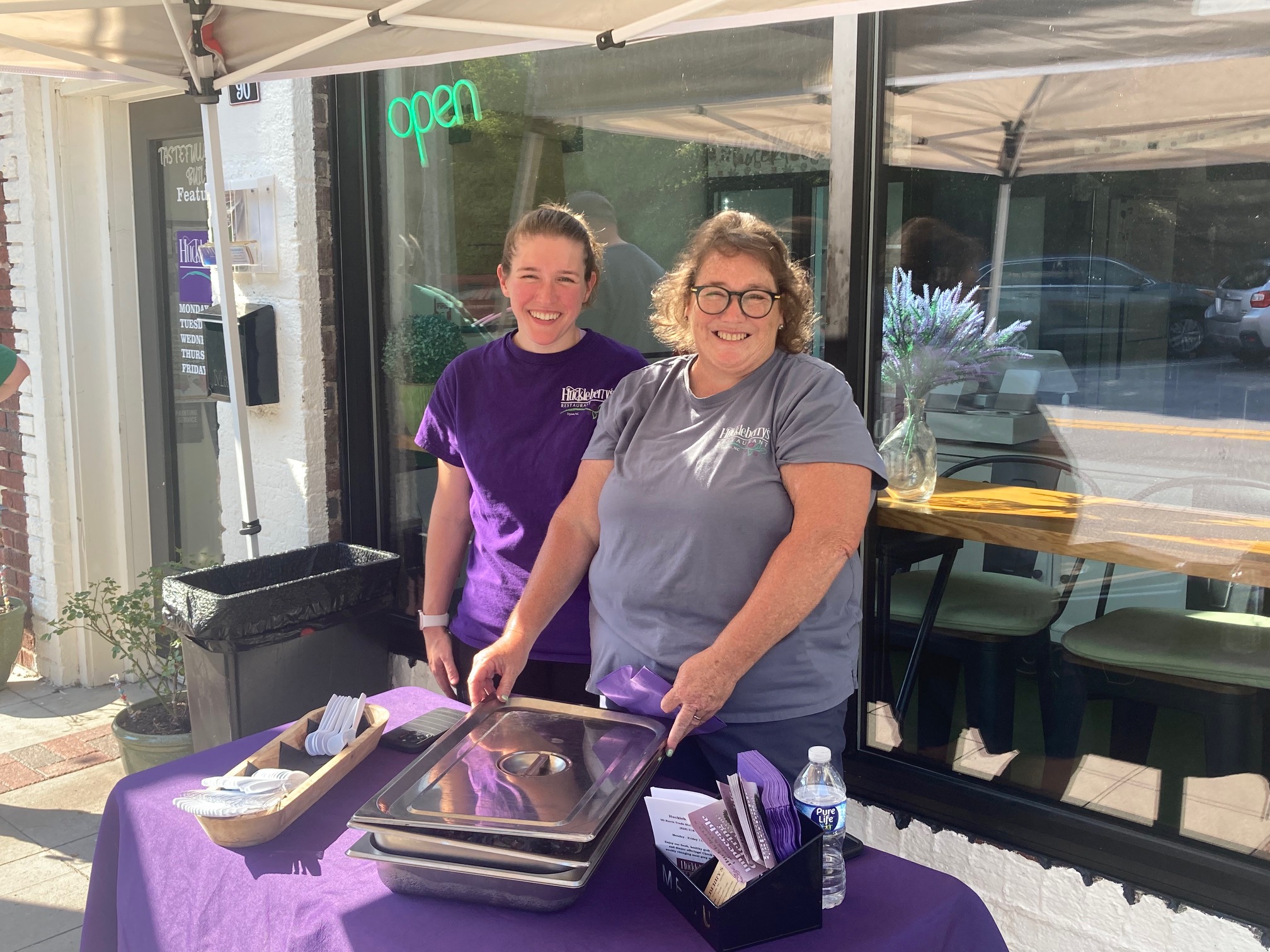Preserving soups and stews
Published 3:43 pm Wednesday, August 16, 2017
Nothing is more convenient than a can of soup, especially when you don’t have the time or energy to cook. There are nights after work or work-day lunches when something quick is an absolute necessity. We are not pre-made, store bought canned soup people, however. The best way in my experience to get that quick fix is by home canning soup when produce is fresh and abundant.
The homemade equivalent of the can from the store is to put up jars of soup by pressure canning them. The next time you do have the time and energy to make a pot of soup, make extra and can a few jars of it for quick and easy future meals. Canning is also a great way to store up on homemade stocks!
One of the biggest benefits of canning your own soup, aside from the money saving aspect, is the low sodium. Many canned soups are very high in salt which can be tasty but isn’t great for your health.
Another health issue is the proper method of canning soups. All soups – including vegetarian ones – must be pressure canned. You cannot safely can soup in a boiling water bath. This food safety rule applies to stocks and broths as well as soups with pieces of vegetables or meat in them. No one wants a side of botulism with their hearty soup. Clostridium botulinum is an insidious killer, for it reveals no clues to its presence: no mold, no odor, no color or taste change. It will grow and thrive in a perfectly sealed (but insufficiently heated) canning jar.
If you want to learn the easy and safe way of canning soups and stews, you are invited to attend the Soups and Stew Canning class on August 29. Two different classes will be offered including one at 2 p.m. and one at 6 p.m. There is a minimal fee for the class. Call the Polk County Cooperative Extension Service today to reserve your space at 828-894-8218.
– article submitted by Jimmi Buell





